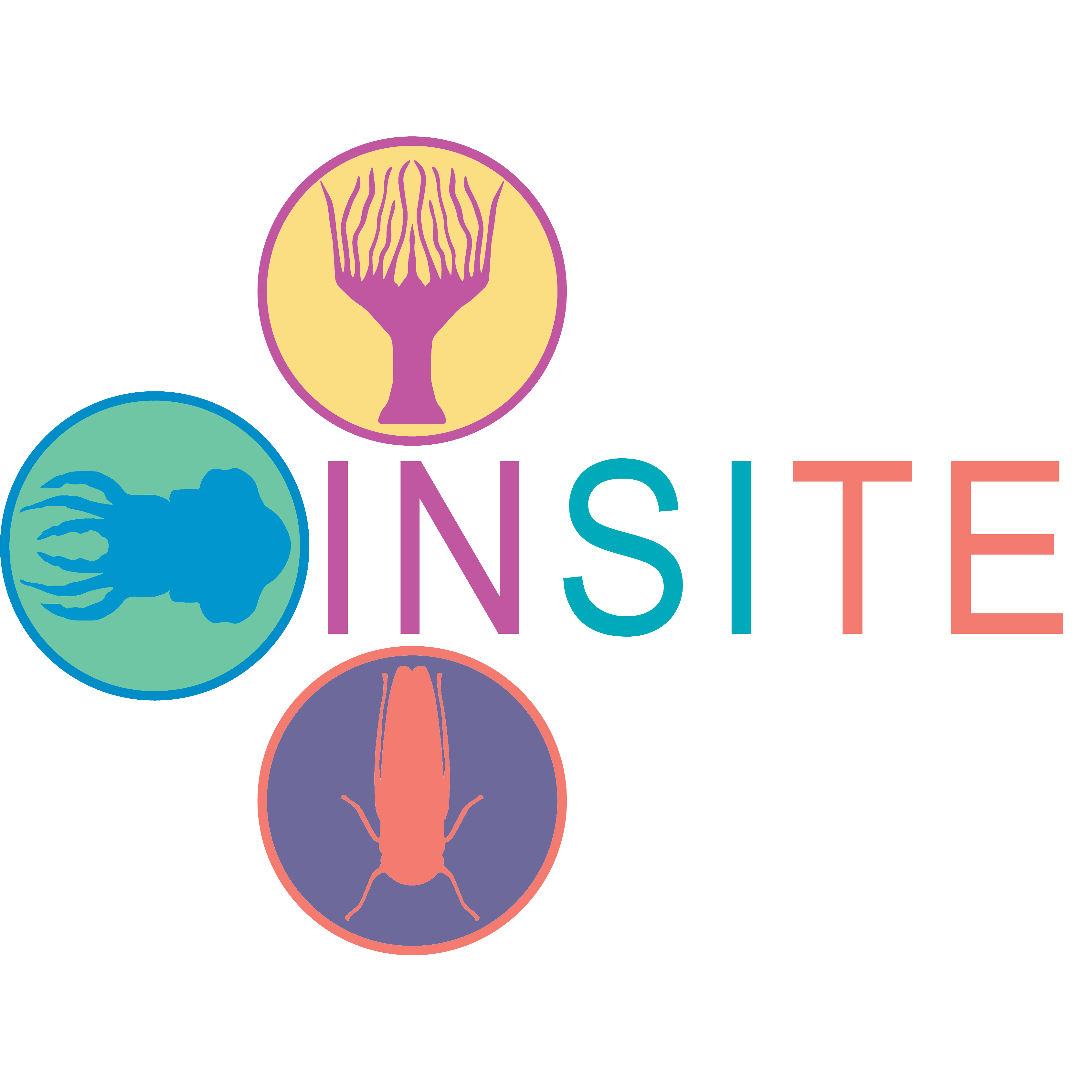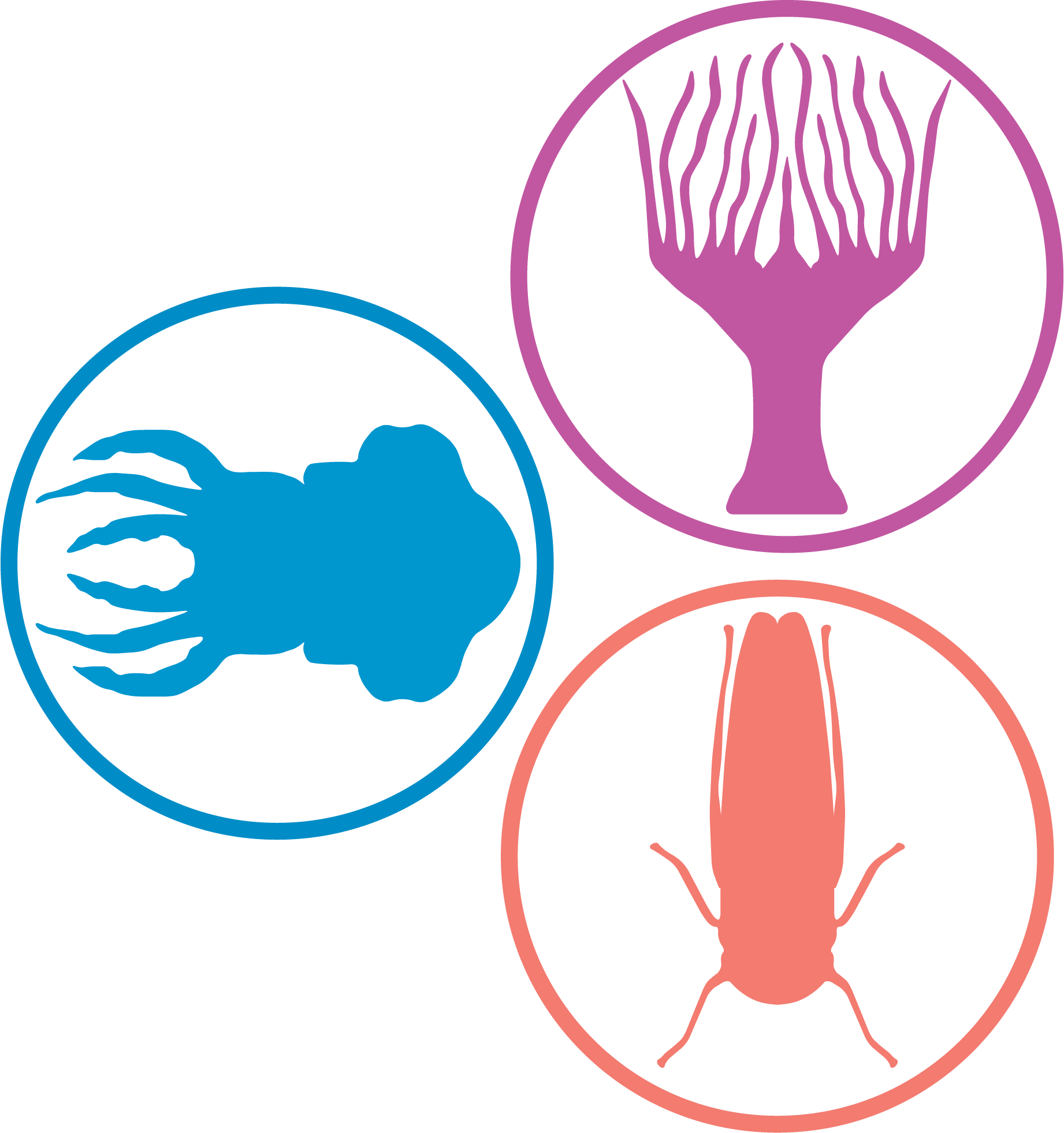

Our mission is to ensure the generation of accurate and precise findings.
Please enter subscribe form shortcode
Please enter instagram feed shortcode
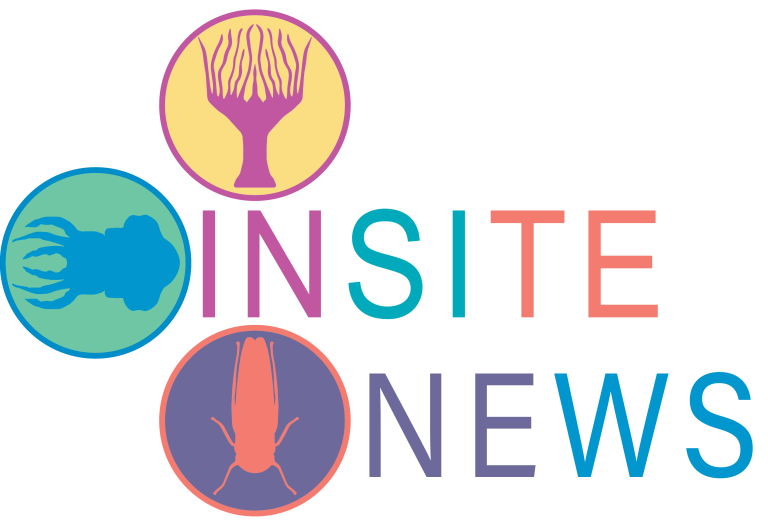
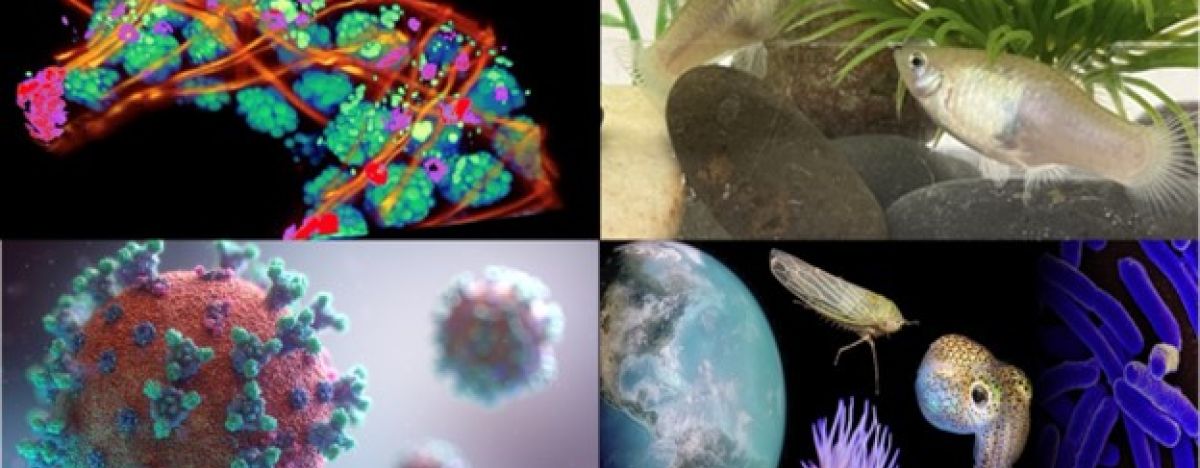
From understanding the multifaceted transmission of disease to deciphering how living organisms adapt to harsh conditions, answering big questions in biology requires interdisciplinary research and scientists engaging and partnering with those from other fields of study.
The U.S. National Science Foundation has made four related awards totaling more than $38 million over five years. The grants will support the creation of four Biology Integration Institutes that will engage in integrative science.
The awards will support research by 53 investigators at 27 institutions, including three minority-serving institutions, across nine states. Education and training efforts will involve students from kindergarten to the postdoctoral level. The institutes join 10 established facilities with hundreds of researchers across 25 states. Of the 34 states now reached by the program, 13 are EPSCoR jurisdictions.
“Life is complex, takes many forms, and adapts to many environments,” said NSF Assistant Director for Biological Sciences Joanne Tornow. “To understand it, we need to bring together researchers from many areas of science, inside biology and outside it. In addition to using integrative science to answer the grand challenges in biology, the institutes will integrate new voices and broaden participation in biology through their education, training and broader impacts work.”
The four new institutes are:
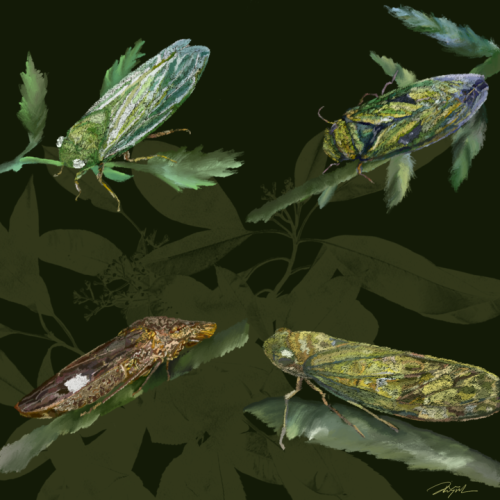
Chromosome-level genome assembly of the aster leafhopper (Macrosteles quadrilineatus) reveals the role of environment and microbial symbiosis in shaping pest insect genome evolution
Read Article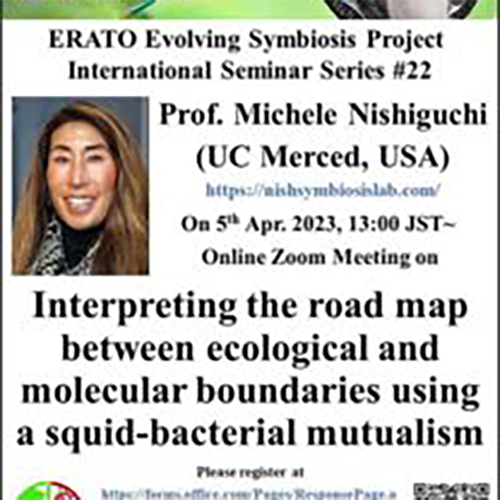
Prof. Michele Nishiguchi (University of California Merced, USA) “Interpreting the road map between ecological and molecular boundaries using a squid-bacterial mutualism”
Read More
Molecular and Cellular Biology Professor Michele “Nish” Nishiguchi has been inducted as a Fellow of the California Academy of Sciences and was recently named president-elect for the Society for Integrative and Comparative Biology (SICB).“Interpreting the road map between ecological and molecular boundaries using a squid-bacterial mutualism”
Read More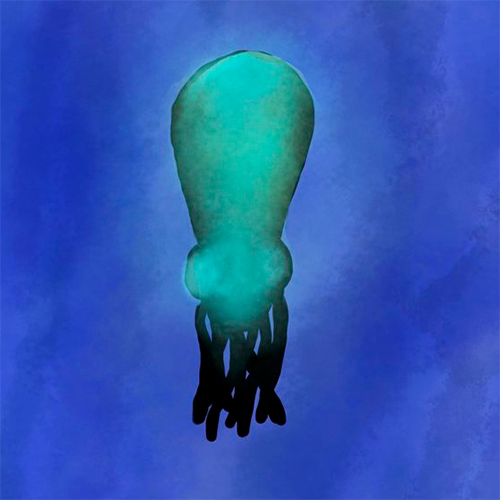
Prof. Michele Nishiguchi (University of California Merced, USA) “Interpreting the road map between ecological and molecular boundaries using a squid-bacterial mutualism”
Read More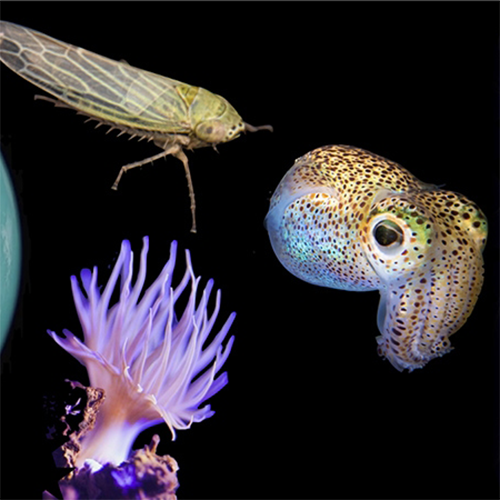
UC Merced has received a $12.5 million grant funded by the National Science Foundation (NSF) to develop the Biology Integration Institute (BII): INSITE — the INstitute for Symbiotic Interactions, Training and Education — a research collaborative that aims to expand the fundamental knowledge of symbioses and inform immediate and long-term conservation strategies in the face of climate change.
Read More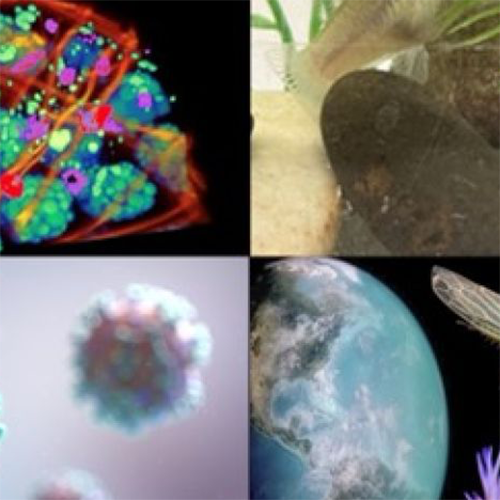
From understanding the multifaceted transmission of disease to deciphering how living organisms adapt to harsh conditions, answering big questions in biology requires interdisciplinary research and scientists engaging and partnering with those from other fields of study.
Read More
